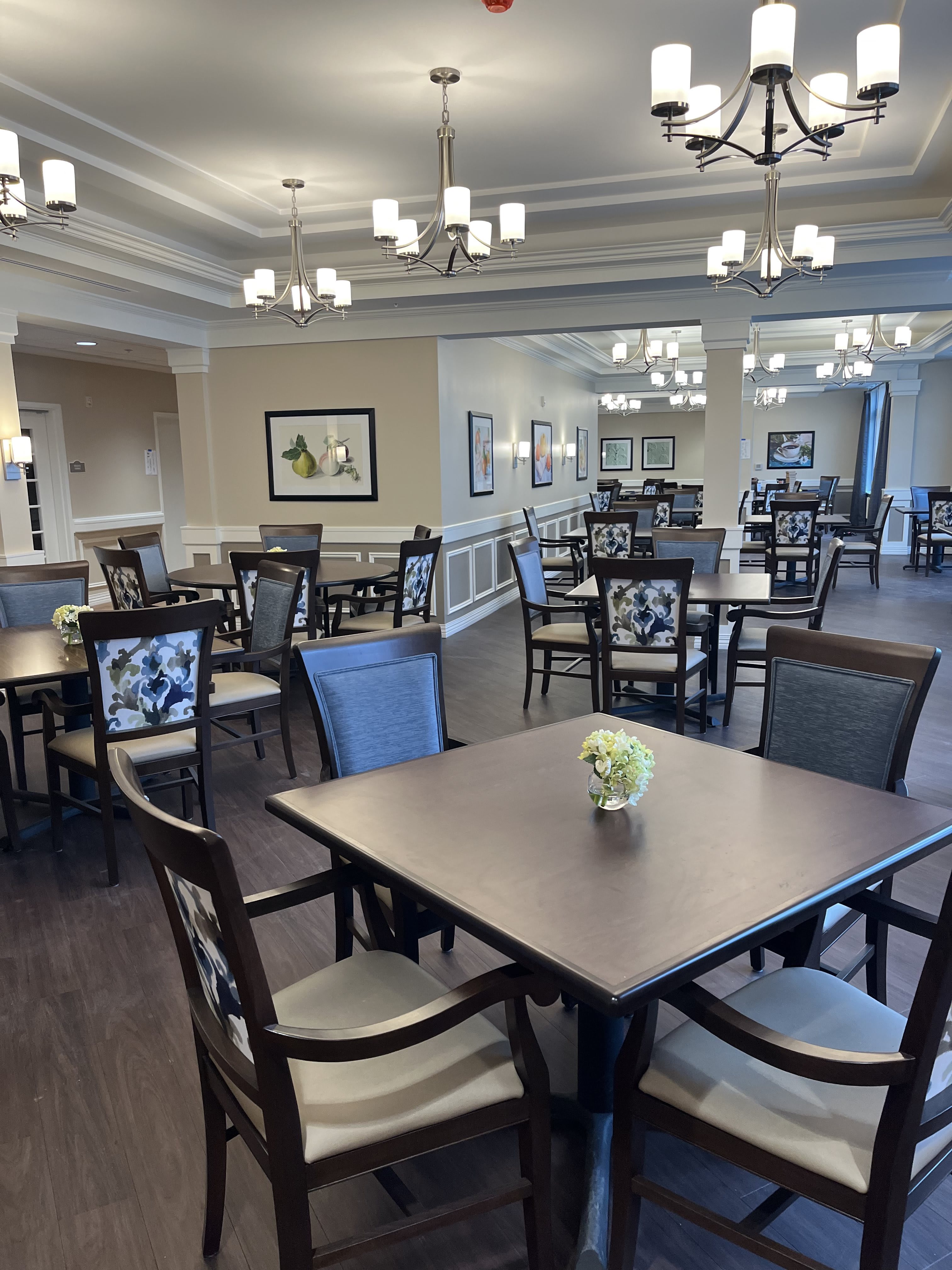Charlotte Memory Care: Professional Assisted Living for Memory Assistance
What to Expect in Memory Care: A Comprehensive Guide to In-Home Solutions
As families come to terms with the obstacles of caring for someone with memory loss, the realm of at home solutions offers a lifeline of assistance and specialized care. Understanding what to prepare for in memory treatment is essential for ensuring the health of both the individual with memory impairment and their caretakers.
Daily Activities and Routines
Taking part in organized everyday activities and routines is a fundamental component of offering high quality take care of individuals in memory treatment centers. These tasks are meticulously developed to cater to the specific needs of homeowners with cognitive disabilities, such as Alzheimer's disease or mental deterioration. Daily routines play an essential function in keeping a sense of experience, security, and purpose for individuals in memory care.

Additionally, day-to-day routines help people in memory treatment facilities to really feel even more focused and less distressed. Consistency in timetables and activities can decrease complication and agitation, providing a sense of stability and comfort. Caretakers and team member play a vital role in promoting these tasks, making certain that each resident receives individualized and caring treatment customized to their one-of-a-kind preferences and capacities.
Specialized Care Solutions
Within memory care facilities, specialized care services are necessary to address the distinct requirements and challenges dealt with by individuals with cognitive problems such as Alzheimer's disease or dementia. These solutions are created to offer tailored assistance that satisfies the details demands of residents managing amnesia. Specialized care solutions in memory treatment facilities frequently include personalized care strategies, aid with tasks of daily living, drug management, and behavioral therapies aimed at enhancing lifestyle and reducing distress.
Moreover, memory treatment facilities normally provide organized programs and activities specifically developed to promote cognitive function and promote social involvement amongst residents. These tasks might include memory-enhancing exercises, sensory stimulation treatments, and reminiscence treatment sessions. In addition, specialized care services frequently include normal tracking of locals' health and wellness and well-being by trained team participants who are geared up to take care of the special difficulties related to cognitive decrease.
Safety Procedures and Setting
Executing rigorous security procedures and producing a safe and secure setting are paramount top priorities in memory care centers to guarantee the health and protection of residents with cognitive problems. Security in memory treatment starts with protected building layout, consisting of locked doors and kept an eye on entrances to prevent locals from wandering outside unsupervised. In addition, centers commonly have alarm systems and monitoring video cameras to check homeowners and react quickly to any kind of emergency situations. Inside, the setting is carefully planned to decrease dangers, with hand rails, grab bars, and non-slip floor covering to stop drops. Furniture is organized to promote easy navigating, and possibly dangerous things are locked away or eliminated. Employee obtain specialized training in managing emergencies, de-escalating difficult behaviors, and making sure the safety of citizens in all times. Routine safety and security assessments are performed to recognize and resolve any kind of possible risks quickly. By prioritizing precaution and maintaining a safe atmosphere, memory treatment centers objective to give a safety and reassuring setting for individuals with cognitive impairments.
Interaction and Engagement Strategies
With a concentrate on improving and cultivating meaningful interactions quality of life, efficient communication approaches play a crucial function in supporting individuals in memory treatment centers. Communication in memory treatment includes comprehending the special demands of residents who may have cognitive impairments like mental deterioration. Simple language, clear guidelines, and non-verbal signs such as motions and facial expressions are vital tools for effective interaction. Caretakers must approach residents with patience, empathy, and regard, developing a supportive atmosphere where individuals feel understood and valued.
Involvement methods are also crucial in memory care, helping homeowners stay energetic, promoted, and linked to their environments. Tasks like songs treatment, art classes, reminiscence sessions, and sensory excitement can trigger memories, enhance state of mind, and advertise socializing. Tailoring tasks per individual's capabilities and interests is vital to promoting involvement and a sense of achievement. Furthermore, integrating acquainted things, photos, and songs from the person's past can give comfort and promote favorable memories. By focusing on customized communication and interaction visit here strategies, memory treatment facilities can enhance the overall health and lifestyle for their residents.
Caregiver Support and Resources
Provided the critical function caretakers play in implementing reliable communication and involvement approaches for locals in memory treatment centers, giving sufficient assistance and sources is important to guarantee the health of both the caretakers and the people under their treatment. Caretakers in memory care settings typically face unique challenges that can affect their physical and psychological well-being. To attend to these difficulties, different support systems and resources are available to aid caregivers in supplying the best feasible treatment.
One essential form of assistance is caregiver education and learning and training programs. These programs furnish caretakers with the required abilities and knowledge to effectively manage the habits and signs and symptoms related to memory loss. Furthermore, support teams provide caregivers the chance to get in touch with others who are experiencing comparable challenges, providing a sense of area and understanding.

Final Thought

Engaging in organized everyday activities and routines is an essential part of supplying quality care for individuals in memory care facilities.Within memory treatment centers, specialized treatment solutions are vital to attend to the one-of-a-kind requirements and obstacles faced by individuals with cognitive impairments such as Alzheimer's disease or mental deterioration. Specialized treatment solutions in memory care centers frequently consist of individualized care plans, aid with activities of everyday living, medication monitoring, and behavior therapies aimed at enhancing high quality of life and decreasing distress.
Offered the essential duty caregivers play in applying reliable interaction and involvement techniques for citizens in memory care centers, providing ample assistance and sources is essential to make certain the wellness of both the caretakers and the people under their care. Daily activities, specialized care solutions, safety steps, interaction methods, and caretaker support are crucial components of in-home memory treatment.